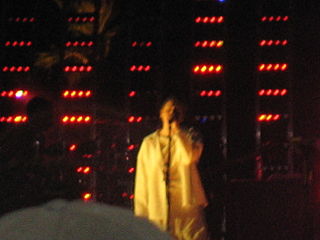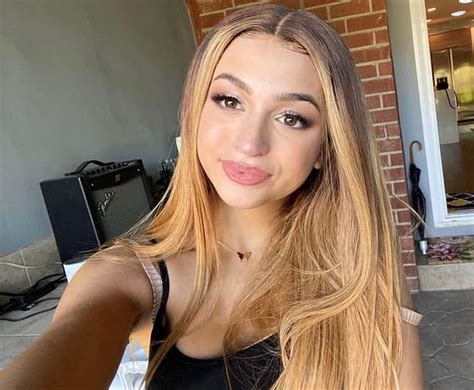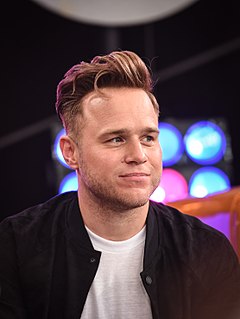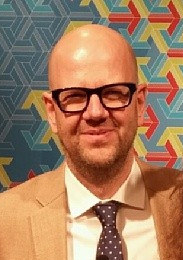A Quote by Judith Butler
I think maybe it's more important to know the traditional concepts we have for thinking about how bodies are feminine or masculine or how sexuality is, straight or gay. These categories very often fail to describe the complexity of who we are.
Related Quotes
My sexuality is straight transvestite or male lesbian. It seems we are beyond the idea that I am gay and hiding it. If I had to describe how I feel in my head, I'd say I'm a complete boy plus half a girl. I don't seem to have the sixth sense that women have or their stronger senses of taste and smell. Gay men can also have it but straight men don't.
You're an evolving and transforming person, right? And how do we capture that dynamics of sexuality in that complex sense? There may be times when someone feels oneself more overly masculine or maybe more feminine, or where the terms themselves become confused, where passivity and activity also don't maintain their usual meaning.
It's not like it's a brand new vocabulary that permits to have a new reality. It's rather a new vocabulary that lets us see that our lives have always been more complex than traditional categories allow. So, I think, you know, maybe the introduction of new words permits us to rethink what we've taken for granted about what forms bodies take, what the name is for certain kinds of sexual, intimate relations, how we think of a life.
Everyone has a masculine and feminine side; masculine qualities and feminine qualities. We've all got these sides to ourselves. And clothes can tell that story. People would think this is very unsympathetic, but I would always say to people, you don't actually need to go through with an operation, can't you just be? You are who you are! But then people say to me, "Oh, you're really dreadful, how would you know?".
I think, almost, the film industry thinks that by making gay characters super masculine, it's an attempt at saying being gay is OK if you act like straight people. I don't think we should just have gay characters who are 100 percent femme, either. I just think it's about that mix and creating more diverse gay characters.
I'm a straight guy and I date women, but I get on really well with gay guys. I'm very comfortable with my sexuality. The weirdest thing for me is when straight guys get really freaked out by gay guys. It's almost like they're insecure in their own sexuality. For me, I can be in a room full of gay men and have fun.
The Most Secret Quintessence of Life is an original work filled with rich, new research, relying on important primary literature which has not, until now, been plumbed and digested. In this book, Chandak Sengoopta offers both a history of hormone discovery and a chronicle of how this discovery transformed our concepts of the body and how our existing concepts of sex and sexuality, in turn, informed our concepts for understanding hormones.
Creativity is basically a feminine process. I'm convinced that we have in our soul, everybody, this masculine side and this feminine side. So at the end of the day, you always use this feminine creative energy to write or to do any type of art or creativity. So if I see that my protagonist is feminine, it's not more difficult, no. And even when my protagonist is masculine, I'm writing from using this feminine energy.
I have to object to this notion that children form their sexuality and their sexual identity from their parents. The truth is that scientists, biologists, we don't know how sexuality is formed in people. And to suggest that people are going to be gay if they're raised by gay parents is just scientifically unfounded.







































